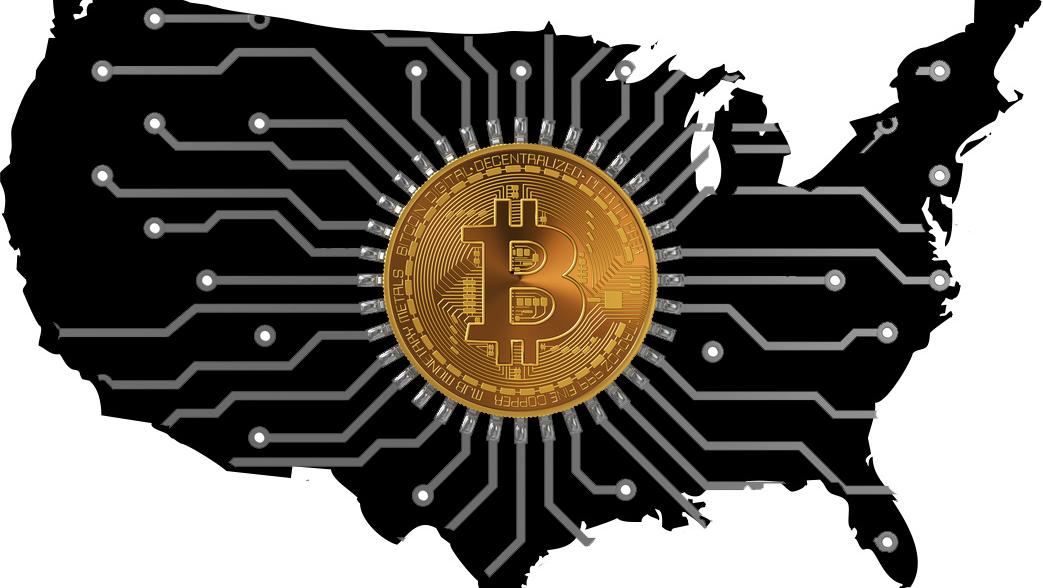PALO ALTO, Calif. (Reuters) - The Federal Reserve is taking a look at a broad variety of problems around digital payments and currencies, consisting of policy, style and legal considerations around potentially issuing its own digital currency, Guv Lael Brainard stated on Wednesday. Brainard's remarks suggest more openness to the possibility of a Fed-issued digital coin than in the past." By changing payments, digitalization has the possible to deliver higher worth and benefit at lower expense," Brainard stated at a conference on payments at the Stanford Graduate School of Business.
Central banks internationally are disputing how to handle digital financing technology and the distributed ledger systems used by bitcoin, which promises near-instantaneous payment at potentially low expense. The Fed is developing its own day-and-night real-time payments and settlement service and is currently reviewing 200 remark letters sent late in 2015 about the proposed service's design and scope, Brainard stated.
Less than 2 years ago Brainard informed a conference in San Francisco that there is "no compelling showed need" for such a coin. But that was before the scope of Facebook's digital currency ambitions were widely understood. Fed officials, consisting of Brainard, have actually raised issues about consumer protections and information and personal privacy threats that might be presented by a currency click here that could come into use by the 3rd of the world's population that have Facebook accounts.
" We are teaming up with other reserve banks as we advance our understanding of central bank digital currencies," she said. With more nations checking out releasing their own digital currencies, Brainard said, that contributes to "a set of reasons to likewise be making sure that we are that frontier of both research study and policy development." In the United States, Brainard stated, concerns that need research study consist of whether a digital currency would make the payments system much safer or easier, and whether it might present monetary stability dangers, including the possibility of bank runs if money can be turned "with a single swipe" into the reserve bank's digital currency.
To counter the financial damage from America's unprecedented nationwide lockdown, the Federal Reserve has actually taken unmatched steps, including flooding the economy with dollars and investing directly in the economy. The majority of these moves received grudging acceptance even from lots of Fed doubters, as they saw this stimulus as needed and something just the Fed could do.

My new CEI report, "Government-Run Payment Systems Are Hazardous at Any Speed: The Case Against Fedcoin and FedNow," information the threats of the Fed's current prepare for its FedNow real-time payment system, and propositions for main bank-issued cryptocurrency that have what is a fedcoin been dubbed Fedcoin or the "digital dollar." In my report, I talk about issues about privacy, data security, currency control, and crowding out private-sector competition and innovation.
Advocates of FedNow and Fedcoin say the government needs to produce a system for payments to deposit quickly, instead of motivate such systems in the private sector by raising regulative barriers. But as kept in mind in the paper, the economic sector is offering Find out more a relatively endless supply of payment technologies and digital currencies to resolve the problemto the degree it is a problemof the time space between when a payment is sent out and when it is gotten in a bank account.
And the examples of private-sector innovation in this area are many. The Clearing House, a bank-held cooperative that has been routing interbank payments in various forms for more than 150 years, has actually been clearing real-time payments since 2017. By Get more information the end of 2018 it was covering half of the deposit base in the U.S.